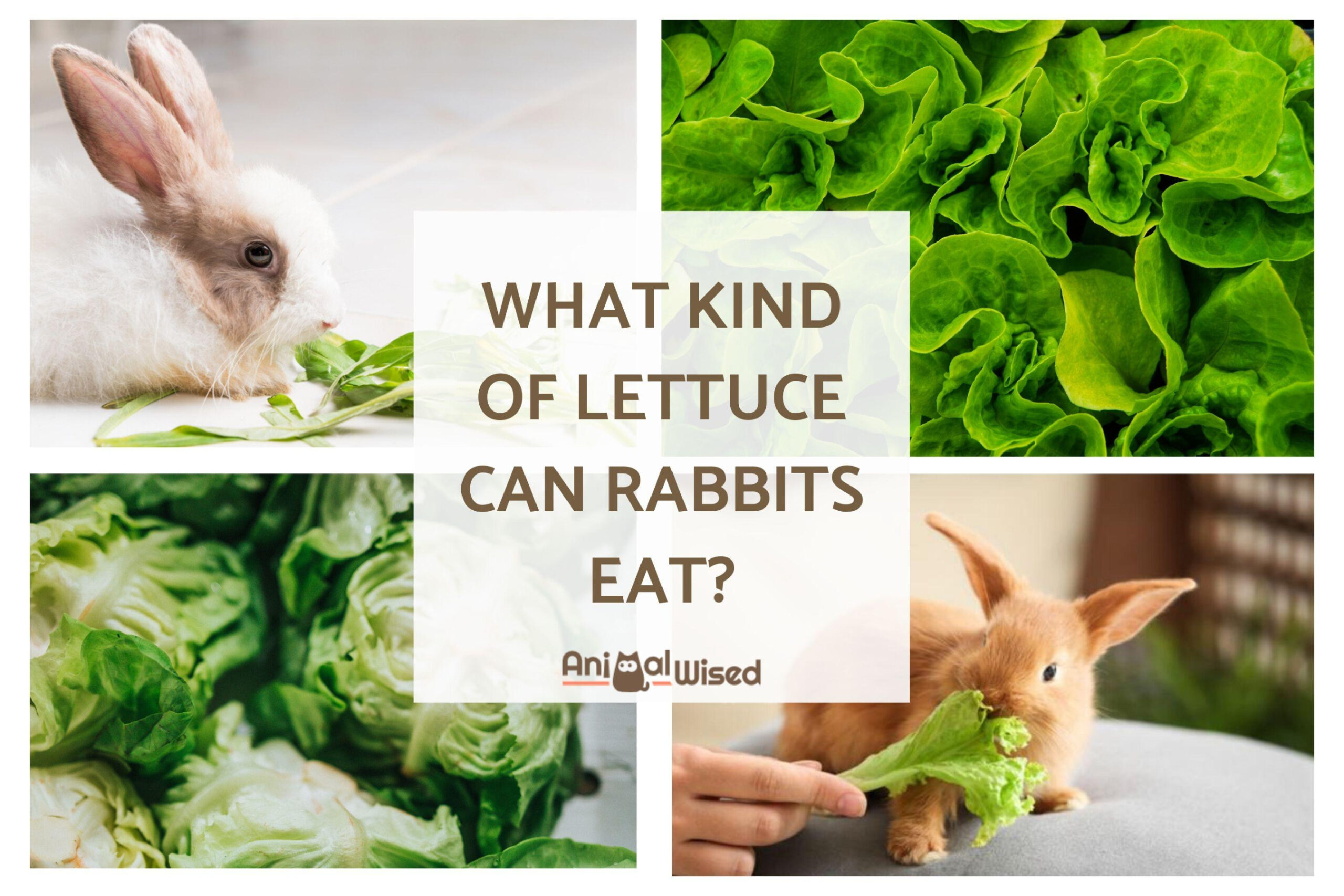What Lettuces Can Rabbits Eat?
When it comes to feeding your pet rabbit, it’s important to provide them with a well-balanced diet that includes a variety of vegetables. Lettuce is a popular choice for many rabbit owners, but not all types of lettuce are safe for rabbits to consume. In this article, we will explore which lettuces are safe and healthy for your furry friend.

Safe Lettuces for Rabbits
While some types of lettuce can be harmful to rabbits due to their high water content or potentially toxic compounds, there are several varieties that are safe and nutritious for them to eat. These include:
- Romaine Lettuce: Romaine lettuce is one of the best options for rabbits as it has a higher fiber content compared to other varieties. It is also low in oxalates, which can cause urinary problems in rabbits if consumed in large quantities.
- Green Leaf Lettuce: Green leaf lettuce is another safe option for rabbits. It is packed with nutrients and has a good balance of moisture and fiber.
- Boston Lettuce: Boston lettuce, also known as Bibb or Butterhead lettuce, is a mild-tasting variety that rabbits enjoy. It is rich in vitamins and minerals, making it a healthy addition to their diet.
Lettuces to Avoid
While the lettuces mentioned above are safe for rabbits, there are a few types that should be avoided due to their potential to cause digestive issues or contain harmful compounds. These include:
- Iceberg Lettuce: Iceberg lettuce should be avoided as it has very little nutritional value and high water content. Feeding your rabbit too much iceberg lettuce can lead to diarrhea and upset stomach.
- Arugula: Arugula, although popular in salads, should not be given to rabbits in large amounts. It contains high levels of oxalates, which can interfere with calcium absorption and potentially lead to bladder and kidney problems.
- Spinach: While spinach is rich in iron and other nutrients, it is also high in oxalates. Feeding rabbits large amounts of spinach can lead to the formation of urinary tract stones.
Feeding Lettuce to Your Rabbit
When introducing lettuce to your rabbit’s diet, it’s important to do so gradually. Start by offering a small amount of lettuce, such as a few leaves, and observe your rabbit’s reaction. If they tolerate it well and show no signs of digestive upset, you can gradually increase the amount over time.
Remember to always wash the lettuce thoroughly before feeding it to your rabbit to remove any dirt, pesticides, or other contaminants that may be present. It’s also best to serve the lettuce in bite-sized pieces to make it easier for your rabbit to eat and digest.
It’s important to note that lettuce should be offered as part of a balanced diet that includes hay, fresh water, and a small amount of high-quality pellets. Vegetables should make up approximately 10-15% of your rabbit’s daily food intake.
FAQs
Can rabbits eat iceberg lettuce?
No, rabbits should not eat iceberg lettuce. It has little nutritional value and can cause digestive issues in rabbits.
Is romaine lettuce safe for rabbits?
Yes, romaine lettuce is safe for rabbits to eat. It is low in oxalates and high in fiber, making it a healthy choice.
Can rabbits eat spinach?
While spinach is nutritious, it should be fed to rabbits in moderation due to its high oxalate content, which can lead to urinary problems.
What other vegetables can rabbits eat?
In addition to lettuce, rabbits can eat a variety of vegetables such as carrots, bell peppers, broccoli, and parsley. However, it’s important to introduce new vegetables gradually to avoid digestive upset.
In conclusion, while some lettuces are safe and beneficial for rabbits, others should be avoided due to potential digestive issues or harmful compounds. Romaine lettuce, green leaf lettuce, and Boston lettuce are safe choices that can be included as part of a balanced diet for your furry friend. Remember to introduce new foods slowly and always monitor your rabbit’s reaction to ensure their well-being.
Related Articles…
Copyright Notice:
All images featured on this site are sourced from the internet, copyrights belong to respective owners. Should you own any image and require it to be removed, please contact us.